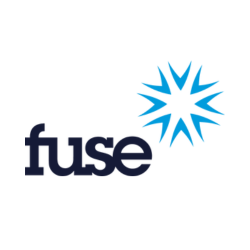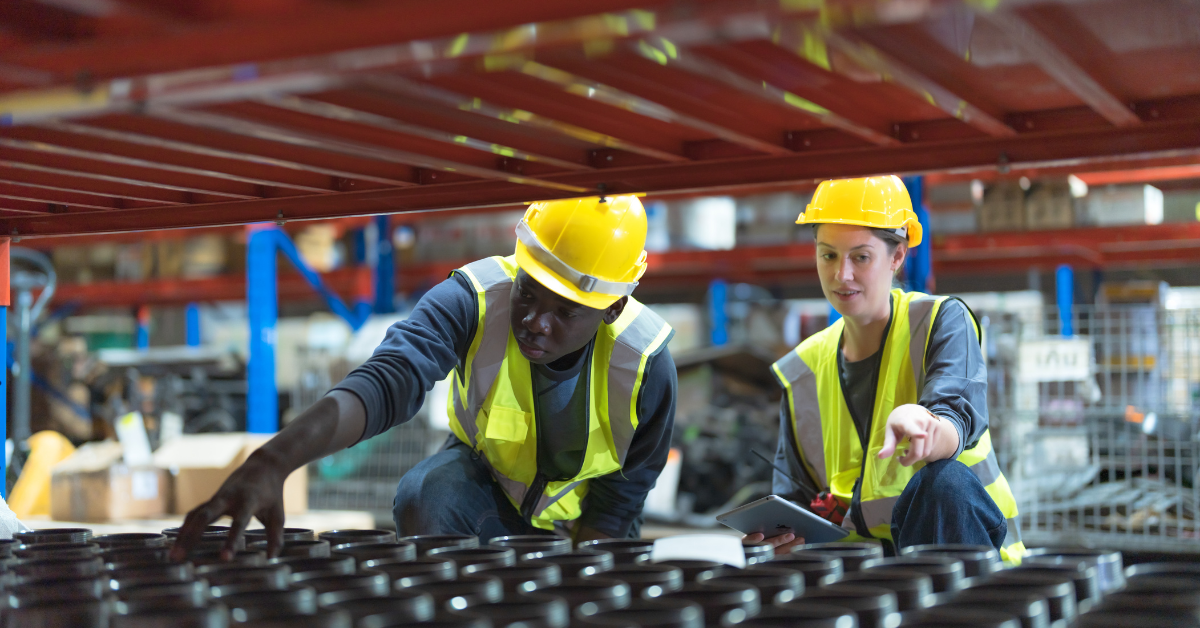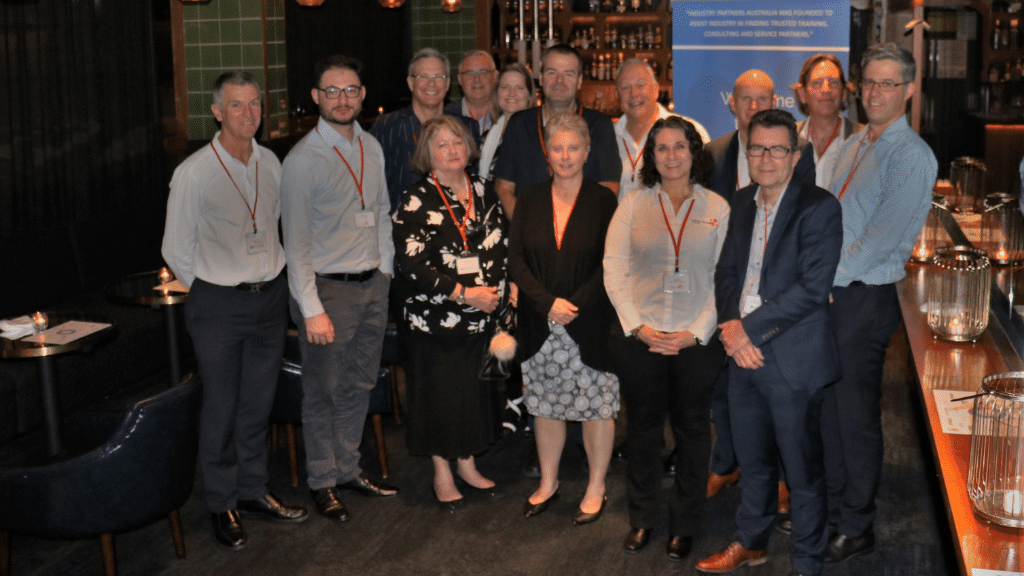Australia’s Manufacturing Employment Market: Trends, Challenges & Opportunities in 2025 and Beyond
Australia’s manufacturing industry is entering a new era. One defined by technological advancement, sustainability, and a transformation in workforce trends. While some traditional sectors face stagnation, others like medical technology and sustainable packaging are growing rapidly, creating both opportunities and challenges for businesses and job seekers alike.
Understanding the employment market within manufacturing in 2025 requires a close look at national trends, candidate behaviour, sector-specific growth, and long-term projections.
With over 15 years of specialised experience in manufacturing recruitment, Fuse has become a trusted partner to some of Australia’s most respected manufacturing businesses. Our deep industry roots, combined with hands-on knowledge from consultants who have worked within manufacturing themselves, means we understand the real-world challenges our clients face.
As the industry evolves, staying informed is critical. The following market insights offer a comprehensive view of current employment trends, sector-specific performance, and workforce expectations shaping the future of Australian manufacturing. Along with strategies to help you attract, engage, and retain top talent. Ensuring your team is strong, future-ready, and built for long-term success.
National Employment Trends
According to SEEK’s Employment Report (May 2025), job ads across Manufacturing, Transport & Logistics declined by 5.1% compared to the same period in 2024. This downward trend in job postings suggests that hiring demand has cooled slightly. Likely influenced by broader economic conditions and global uncertainty.
However, this national average masks significant regional and sub-sector variations. For example, South Australia recorded a robust +10.2% year-on-year growth in manufacturing job ads, while Queensland also posted a modest increase of +1.2%. In contrast, Victoria saw job ad volumes decline by -13.5%, reflecting possible shifts in production hubs or labour supply pressures.
Despite reduced job posting activity, candidate supply continues to fluctuate. Applications per ad dropped significantly (–28.8%), indicating a tightening candidate market. This trend reflects a broader shift in job seeker behaviour, with more candidates valuing job stability, flexibility, and alignment with their personal values.
The Outlook to 2030
While immediate hiring metrics reflect volatility, long-term projections paint a more nuanced picture. Jobs and Skills Australia forecasts manufacturing employment to grow by just 1.6% by 2029, well below the national average of 7.5%.
However, such headline figures don’t capture the rapid acceleration in high-growth, innovation-driven areas such as medical devices, pharmaceutical production, and sustainable packaging.
The next five years will see manufacturing shift from traditional high-volume production to more complex, low-volume, value-added outputs. This transformation is being driven by government investment (e.g. the National Reconstruction Fund), rising global demand, and the urgent need for sustainability, digitalisation, and supply chain resilience.
Fuse Recruitment plays a vital role in helping manufacturers meet these evolving needs. With sector experts embedded in every channel, we offer tailored recruitment strategies that align with both current demands and future skillsets.
Sector Spotlights
FMCG Manufacturing
FMCG remains a staple of Australian manufacturing, but this sector is under pressure to evolve rapidly. Key drivers include consumer demand for sustainability, digital transformation, and supply chain resilience.
Despite relatively slow projected employment growth (1.6%), job opportunities remain in high-demand areas such as warehouse operations, maintenance, and quality assurance.
To stay competitive, businesses are investing in automation, direct-to-consumer logistics, and carbon-neutral production practices. These changes require professionals skilled in sustainability, product development, and data-driven manufacturing, skills that remain scarce in the current market.
Medical Device Manufacturing
The medical device sector is one of the most promising growth areas in Australian manufacturing. Valued at over $6.5 billion AUD, this industry is home to more than 3,000 companies and benefits from strong global demand for diagnostic imaging, wearable tech, and surgical robotics.
Investment in R&D and government-backed innovation programs (e.g. the Modern Manufacturing Initiative) is fuelling workforce expansion. Job opportunities are especially strong for biomedical engineers, regulatory specialists, and professionals with experience in digital health technologies.
As medical devices become smarter and more integrated with healthcare systems, demand for digitally literate, agile professionals will only increase.
Pharmaceutical Manufacturing
Pharmaceutical manufacturing remains resilient, underpinned by demographic trends such as an ageing population and rising rates of chronic illness.
With a growing focus on biologics, mRNA technology, and precision medicine, this sector is evolving into a high-tech, innovation-driven space. Australia’s robust regulatory environment and proximity to Asian markets make it a strategic export and clinical trial hub.
However, talent shortages remain a barrier, particularly for chemists, QA professionals, and regulatory affairs experts. Addressing this gap will require investment in STEM education, apprenticeships, and partnerships with universities and research institutions.
Industrial Manufacturing
Traditional industrial manufacturing in Australia continues to face global competitiveness challenges, particularly due to labour and energy costs.
Yet, the sector is actively reinventing itself through high-complexity, low-volume production, automation, and strategic exports. Government initiatives like the National Reconstruction Fund and precinct-based innovation hubs are helping manufacturers modernise and attract investment.
Workforce demand is increasing for roles in digital manufacturing, robotics, and advanced materials. To succeed, businesses must invest in upskilling programs, micro-credentials, and initiatives that bridge the gap between industry and education.
Packaging Manufacturing
Sustainability is the driving force behind growth in packaging. With Australia’s 2025 National Packaging Targets approaching, demand for recyclable, compostable, and traceable packaging is accelerating.
This shift is prompting innovation across the food, beverage, healthcare, and cosmetics sectors. Manufacturers are investing in smart packaging (e.g. QR codes, embedded sensors) and advanced production technologies, leading to increased demand for engineers, automation specialists, and sustainability consultants.
Talent shortages, particularly in regional areas, pose a challenge to growth.
Chemical Manufacturing
Australia’s chemical manufacturing sector contributes over $40 billion annually to GDP and supports over 200,000 jobs. From agriculture to advanced materials and water treatment, chemicals underpin more than 100 other industries.
The sector is rapidly embracing sustainability, with bioplastics, green chemistry, and low-emission processes gaining ground. This is creating demand for highly skilled professionals in engineering, compliance, and innovation. As regulatory complexity increases, employers need candidates who can combine technical knowledge with strategic problem-solving.
Strategies for Employers: Building Future-Ready Manufacturing Workforces
As outlined in the market insights above, Australia’s manufacturing employment landscape is at a crossroads. While hiring demand has softened across some traditional sectors, high-growth segments such as medical devices, pharmaceuticals, and sustainable packaging are scaling rapidly—fuelled by innovation, demographic shifts, and government investment.
Yet, these emerging opportunities are being met with a tightening labour market and significant candidate shortfalls, particularly in specialised technical and professional roles.
National job applications per ad have fallen by 28.8% year-on-year, reflecting not just fewer active job seekers, but more selective ones. People who now prioritise alignment with workplace values, flexibility, and development opportunities.
This shift underscores a clear message: to secure the talent needed to remain competitive, manufacturing businesses must evolve the way they attract, engage, and retain employees.
According to SEEK’s Laws of Attraction data, candidates in the manufacturing, procurement, and transport sectors are united by three clear motivators:
-
Work–Work-life balance, with time in lieu of the most valued feature.
-
Salary & compensation, with paid overtime being a top priority.
-
Working environment, where team culture and collaboration are essential.
These evolving candidate expectations are reshaping how manufacturers must position themselves in an increasingly competitive talent market.
To help you stay ahead, we’ve outlined four strategic approaches to attract, engage, and retain the skilled workforce your business needs.
1. Redesign Your Employee Value Proposition (EVP)
In today’s competitive market, a compelling EVP is essential. Go beyond pay by offering flexible shifts, time-in-lieu, paid overtime, and clear career pathways. Emphasise collaboration and team culture. Fuse Recruitment helps manufacturers refine and promote their EVP across all candidate touchpoints.
2. Strengthen Your Employer Brand
Candidates are drawn to purpose-driven employers that embrace innovation and sustainability. Showcase your investment in automation, carbon-neutral goals, and an inclusive culture. This can be done by amplifying these messages across job platforms, LinkedIn, and careers pages.
3. Upskill and Develop Your Workforce
Growth sectors like medtech and packaging demand highly skilled talent but supply is limited. Invest in training, micro-credentials, and internal career pathways. Start by identifying development needs in your current team and considering candidates with both technical skills and long-term potential.
4. Partner with Industry-Specialist Recruiters
Generic recruitment won’t cut it in complex manufacturing environments. With 15+ years of sector experience and consultants who’ve worked in manufacturing, Fuse Recruitment offers tailored, fast, and reliable talent solutions. We understand your challenges because we’ve lived through them.
Gain Strategic Workforce Insights with a Customised Market Report
If you’re looking to strengthen your workforce strategy with deeper market insights, Fuse Recruitment can help. We offer tailored employment market reports that provide a clear picture of your competitive position, current talent availability, and salary benchmarking relevant to your industry and location.
Whether you want to understand how your offering stacks up against competitors, uncover trends shaping candidate expectations, or identify opportunities to attract and retain top talent, we’re here to support you.
Contact our National Manager of Manufacturing, Melissa Kennedy, on 0432 686 757 to request a customised report today.
.png?width=190&name=IPA%20Logo%20Transparent%20(Hi-Res).png)





